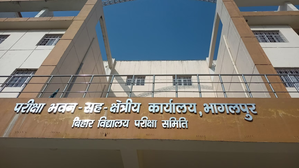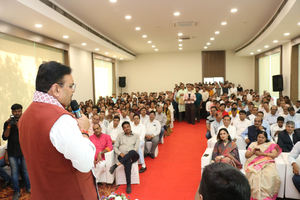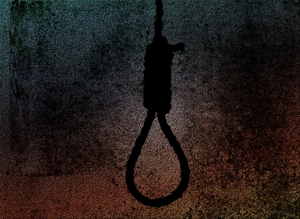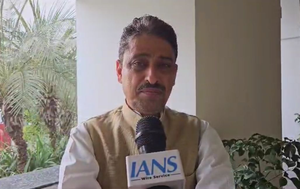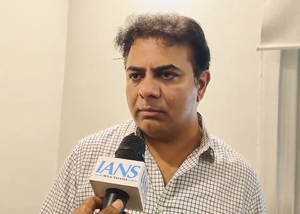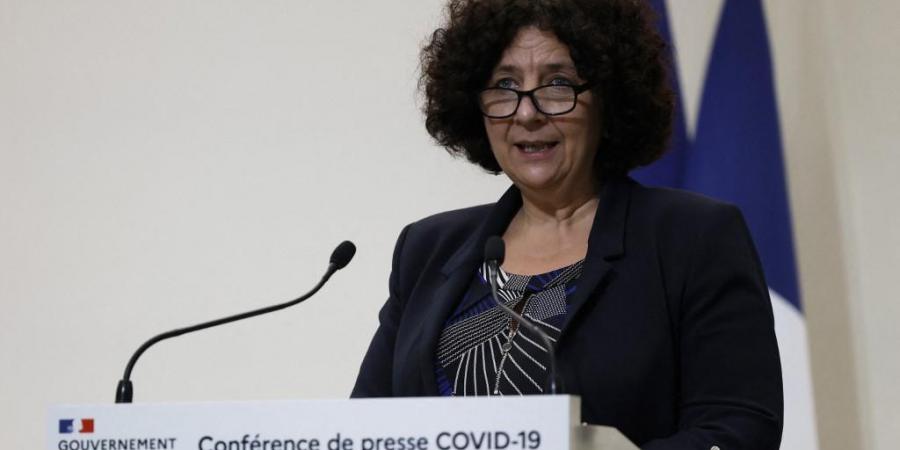 PARIS: The French minister for higher education has sparked a backlash from university heads after warning about the spread of “Islamo-leftism” in the country’s academic institutions.
PARIS: The French minister for higher education has sparked a backlash from university heads after warning about the spread of “Islamo-leftism” in the country’s academic institutions.
The term “Islamo-leftism” is usually used in France by far-right politicians to discredit left-wing opponents they accuse of being blind to the dangers of Islamist extremism and overly worried about racism and identity.
“I think that Islamo-leftism is eating away at our society as a whole, and universities are not immune and are part of our society,” Minister for Higher Education Frederique Vidal told the C-News channel on Sunday.
The comments came amid a highly divisive debate in France about what President Emmanuel Macron has termed “Islamist separatism,” in which Islamists are said to be flouting French laws and fuelling terror attacks in closed-off Muslim communities.
The lower house of parliament approved a tough draft law on Tuesday that will extend the state’s powers to shut down religious groups judged to be extremist.
Macron has recently been accused by critics of pandering to the far right ahead of presidential elections next year, which polls show could be a re-run of his 2017 duel with anti-immigration National Rally leader Marine Le Pen.
Interior Minister Gerald Darmanin caused unease inside the governing centrist party last Thursday afer accusing Le Pen of “softness” on Islam during a televised debate.
In response to Vidal’s comments, the Conference of University Presidents (CPU) issued a statement on Tuesday expressing “its shock at another sterile controversy over the issue of ‘Islamo-leftism’ at university.”
Last October, Education Minister Jean-Michel Blanquer had also warned that “Islamo-leftism” was “wreaking havoc” in French academia.
The CPU group, which represents the heads of French universities, condemned the use of the ill-defined label which it said should be left to the far right “which popularised it.”
– Focus on race –
Vidal also announced that she would order an investigation into the problem of researchers “looking at everything through the prism of wanting to fracture and divide”, which she said included those focused on colonialism and race.
The issue was one of the top trending topics on Twitter on Tuesday, with many professors and researchers outraged at the prospect of an investigation that could restrict academic freedom.
Asked to comment further in parliament on Tuesday, Vidal said the investigation would determine “what is academic research and what is activism and opinion.”
Movements against racism over the last year such as Black Lives Matter, which resonated in France after arriving from the US, have led to fears that the country is importing American racial and identity politics sometimes derided as “woke culture”.
A new generation of younger French activists are also increasingly vocal about the problem of racism in France and the legacy of the country’s colonial past in Africa and the Middle East.
Both Macron and Education Minister Jean-Michel Blanquer have spoken out about the danger of focusing on race and discrimination, which they see as creating divisions between communities and undermining France’s founding ideal of a united society.
Mame-Fatou Niang, a black academic who studies race and identity in France, condemned Vidal’s proposed investigation which she said would put those studying colonialism and racism under unfair scrutiny.
Writing on Twitter, she said that “minority researchers have been regarded as activists through the ages.”
Vidal’s announcement was well received by right-wing politicians who share her concerns, however.
Several MPs from the right-wing Republicans party demanded a parliamentary investigation last November into what they termed “ideological intellectual excesses in universities”.
One of them, Julien Aubert, issued a statement on Tuesday “hailing” Vidal’s comments.
Some French academics have also formed a group known as the “Observatory on De-colonialism and Identity Ideologies” to fight back against what they view as an unhealthy focus on race, identity and colonial history in academia.
Recent Random Post:











